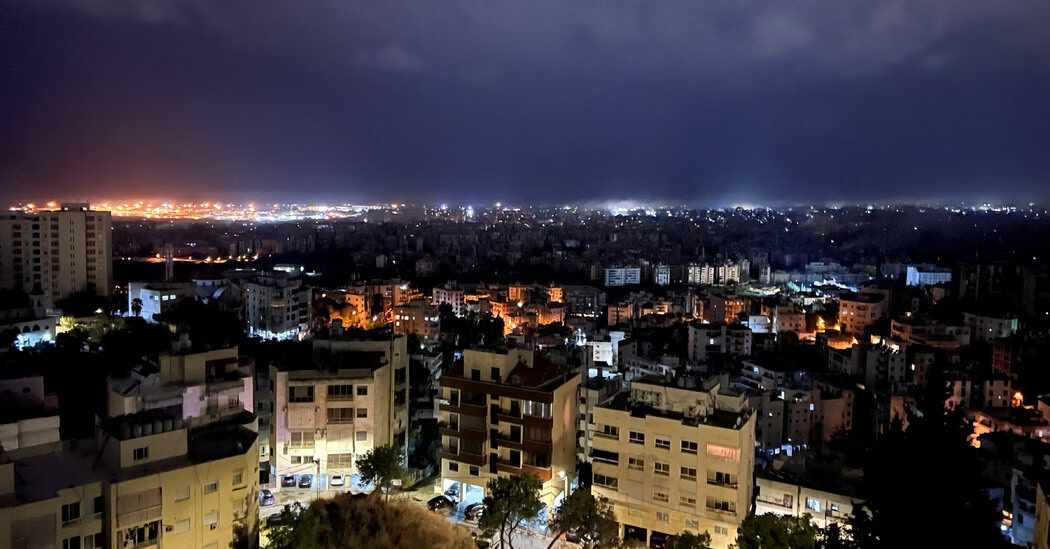The Israeli military announced on Tuesday morning that it had carried out an attack in the southern outskirts of Beirut, marking the second assault in the area within a week. This recent activity has raised concerns that the cease-fire agreement between Israel and Hezbollah, which was reached in November, might collapse. According to Israeli forces, the target of the latest strike in the Dahiya region was a Hezbollah operative involved in planning and aiding Hamas in the preparation of a significant and imminent attack against Israel. The military emphasized that this action was to neutralize an “immediate threat” and pointed out that Dahiya is a significant stronghold for Hezbollah, which is a Lebanese militant group with political affiliations and support from Iran.
There was no immediate response from Hezbollah regarding the strikes on their semiofficial Telegram page. Last Friday, the Israeli military conducted airstrikes in the same area and instructed residents from a densely populated neighborhood to evacuate following the firing of rockets from Lebanon towards northern Israel. Hezbollah refuted any involvement in the rocket attack and maintained their commitment to the established cease-fire. The Israeli military stated that they had targeted a location storing Hezbollah’s drones.
Additionally, on Friday, at least three individuals were killed in separate Israeli airstrikes in southern Lebanon, as per the Lebanese Health Ministry. The Ministry’s reports do not differentiate between civilian and combatant casualties.
Hezbollah initiated attacks on Israeli positions using rockets and drones in support of their Palestinian allies after Hamas launched an assault on Israel on October 7, 2023, triggering the conflict in Gaza. The situation escalated into a full-scale war involving Israel and Hezbollah, including an Israeli ground invasion of Lebanon.
Source: https://www.nytimes.com/2025/03/31/world/middleeast/israel-strike-lebanon-beirut.html






